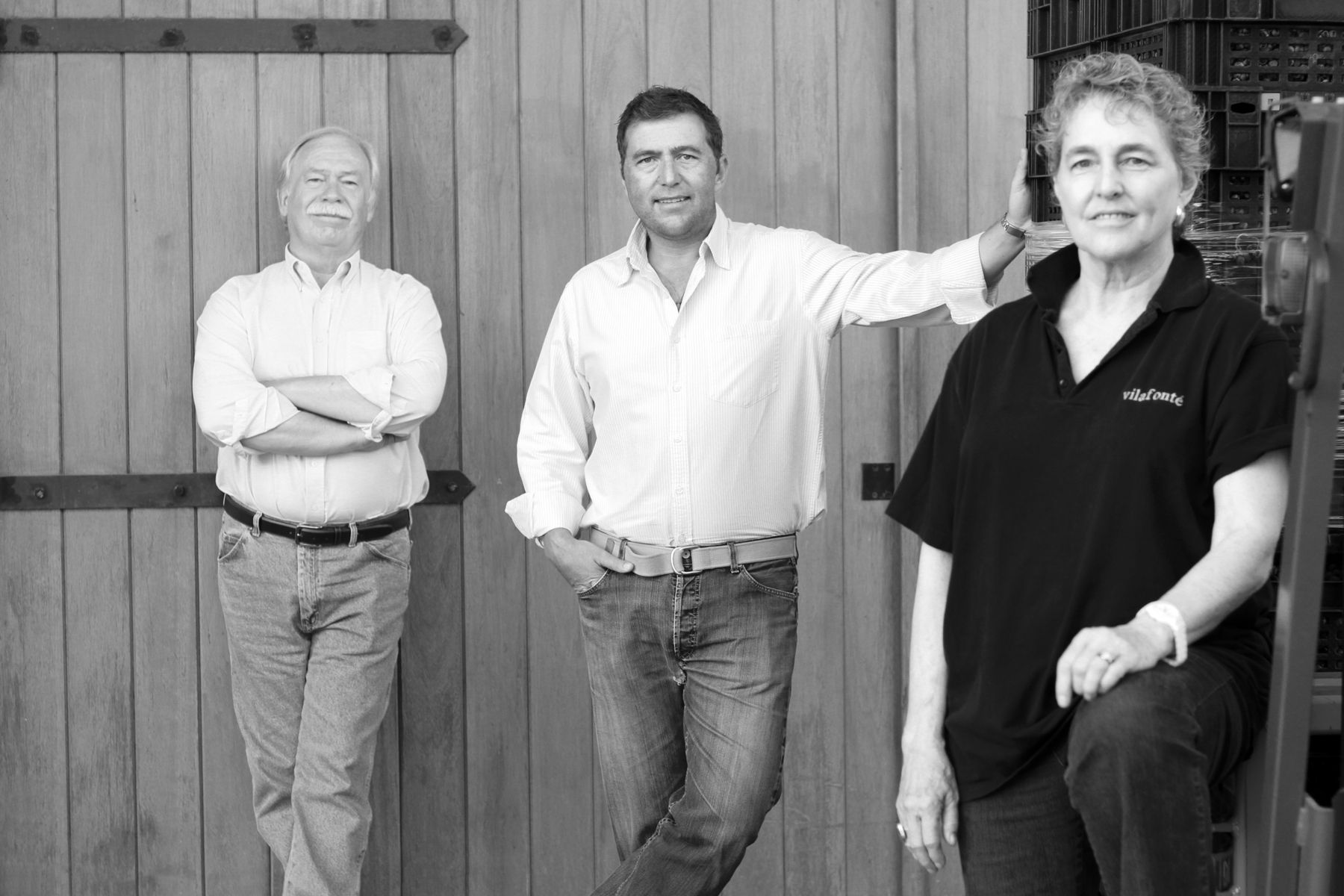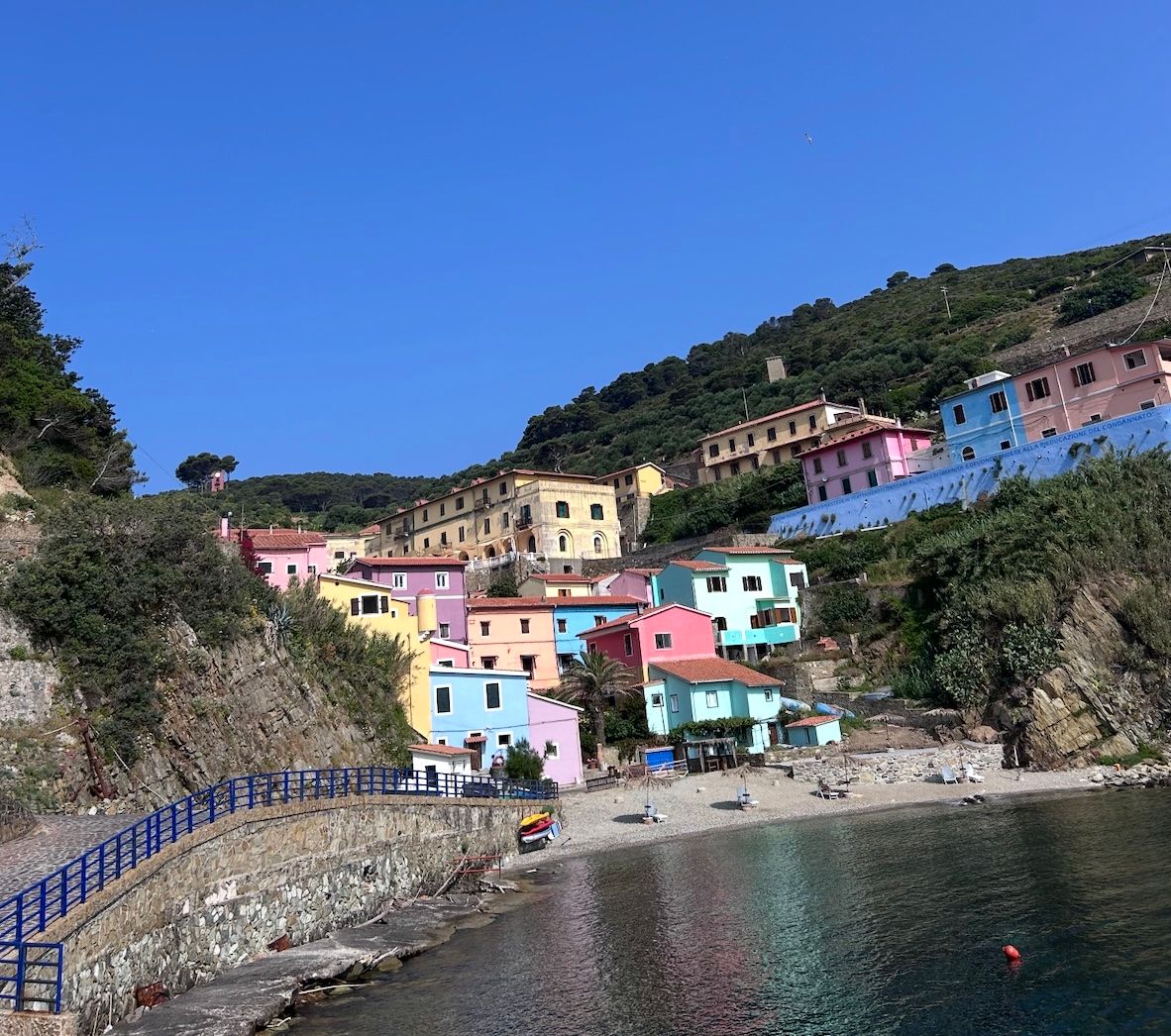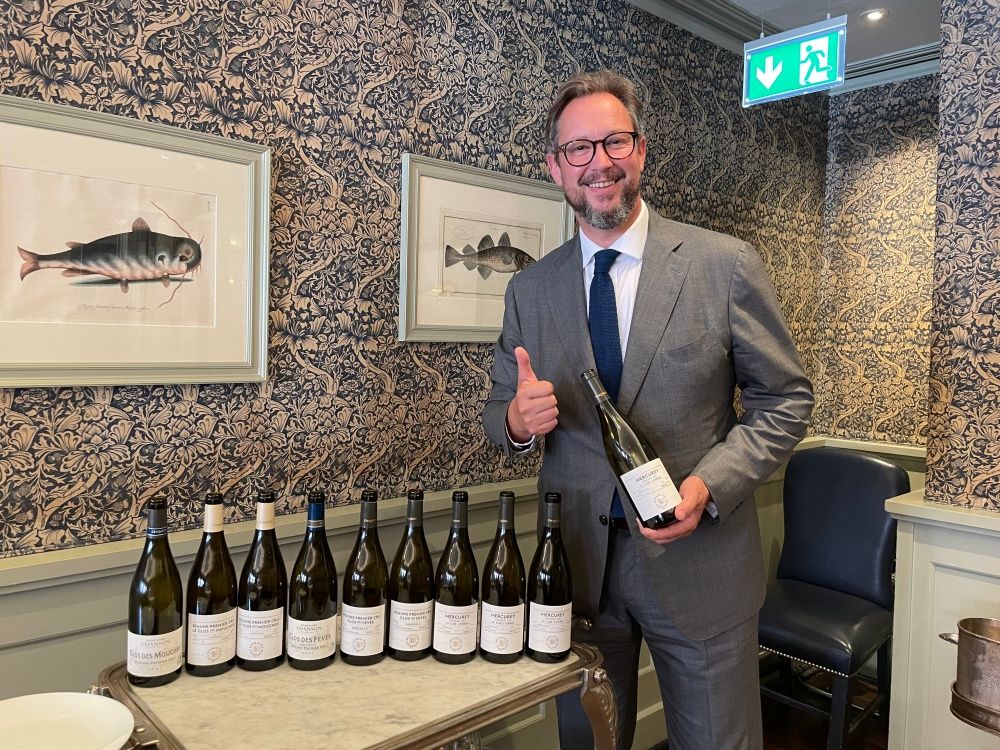Vilafonté has had some week being named the IWSC’s Best Red Wine Producer on Tuesday, and then the Outstanding Wine Producer of the world today.
It is understandable that Mike Ratcliffe should be just a little emotional about being part of the team that has just been named Outstanding Wine Producer in the world in such an internationally prestigious awards as the IWSC.
But as the dust settles on the achievement it is also a moment for him to reflect on just how they have got to this point. For when the Vilafonté journey first commenced back in 1997, South Africa was a very different country to what it is now, never mind its reputation, or even ability, to make world beating wines.
The fact Vilafonté can now call itself the Outstanding Wine Producer in the world shows just how far South Africa has come never mind Vilafonté. It follows hot on the heels of fellow South African producer, Kanonkop, receiving the accolade in 2019.
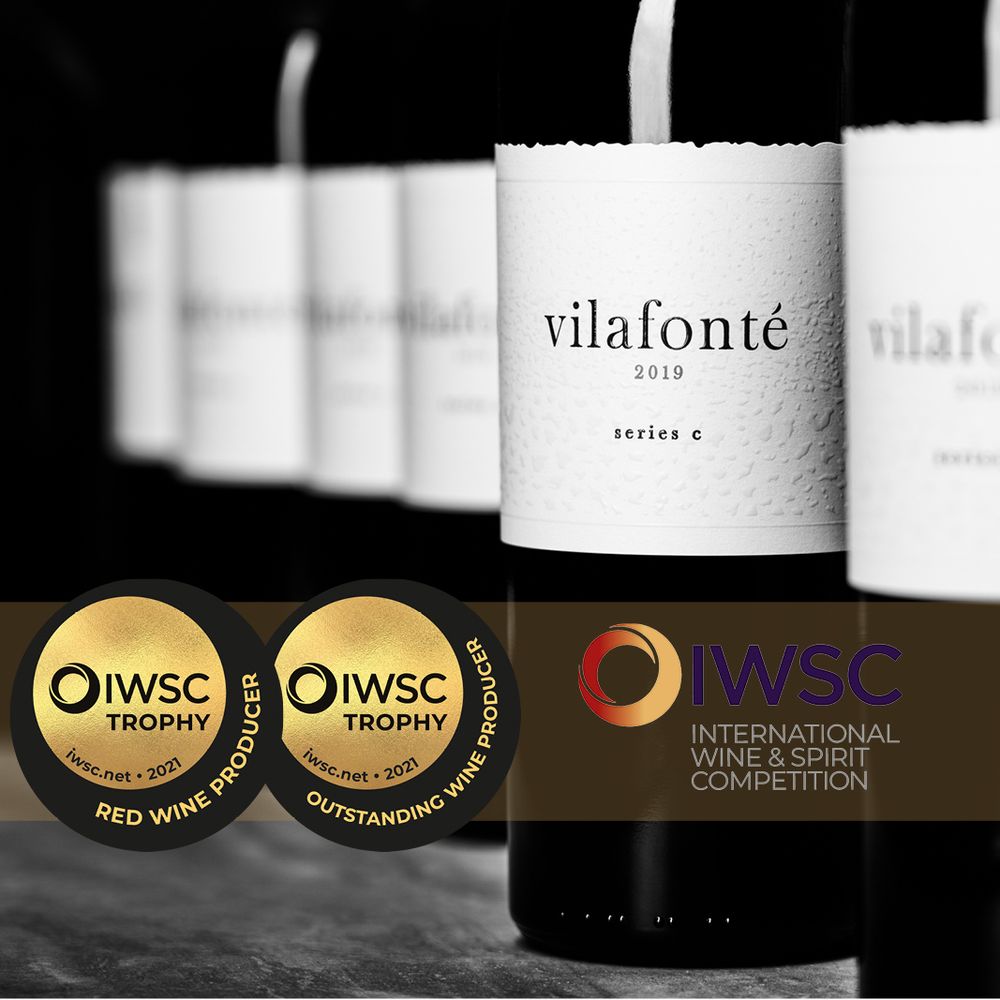
Vilafonté has been named IWSC’s Red Wine Producer of the year, and also the Outstanding Producer in its 2021 awards
Vilafonté’s success is also a story of brand building that deserves to be taught on wine management and business courses around the world. From the outset the vision for Vilafonté was to create one brand, using grapes grown from a single vineyard, on the same soils. That way it could at least have a fighting chance to achieve its ambition to be regarded on a par with some of the greatest wines of Bordeaux and the rest of the world, says Ratcliffe.
It’s a vision that came from its three founders: Ratcliffe, representing South Africa; and then from California, esteemed winemakers, Dr Zelma Long and Dr Phil Freese, who, at the time were both working for Robert Mondavi as chief winemaker and vice president of wine growing, including designing the first Opus One vineyards, respectively.
The fact highly respected Californian winemakers were willing to invest so much of their time, money and reputation in South Africa at the turn of the millennium was a massive vote of confidence in what the country could become. Not that it felt it at the time, says Ratcliffe. There were many sceptical voices both in and outside South Africa about the Vilafonté project that took some time to overcome.
“It conjured up a lot of emotion,” says Ratcliffe. “Outlandish” is probably a good word to describe how some felt about the idea, he adds. There were those who simply could not get their head around the idea of a “South African wine sitting comfortably on the tables of the greatest restaurants in the world,” he says.
“It was seen as outlandish, cheeky, ridiculous even that we were not even going to introduce an entry level wine but just go for the very top from day one. But there were also some respected commentators who gave us a fighting chance.”
It’s a chance they have grabbed with both hands, says Ratcliffe. “We have had to fight like mad, just like any other player, to get to where we are. But then all great things only come about through hard work, and a little bit of luck.”
South Africa’s appeal
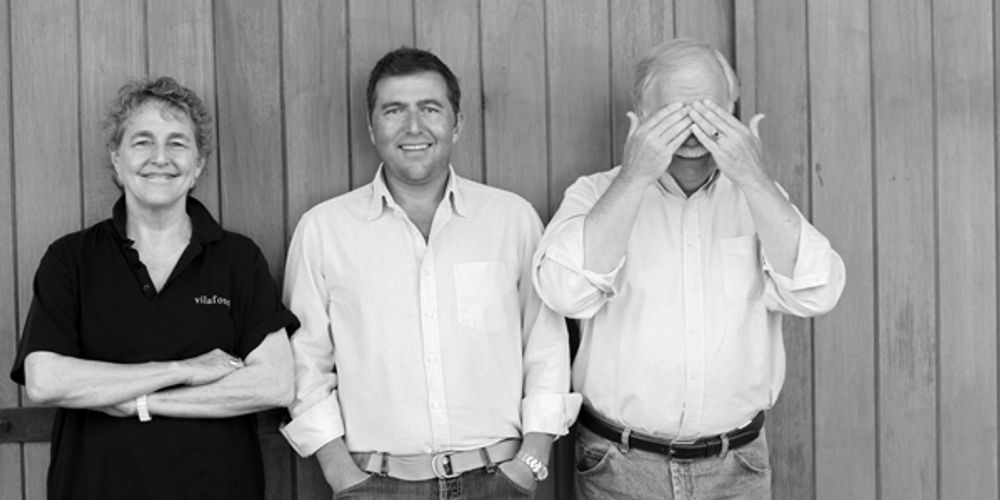
The vision of what South Africa could become is at the heart of Vilafonté’s story thanks to California’s Dr Zelma Long and Dr Phil Freese says co-founder, Mike Ratclilffe,
He is also quick to stress that so much of that success is down to the vision, commitment and expertise of Dr Zelma Long and Dr Phil Freese. Vilafonté would not have been possible without them, he says. “There is no doubt they put their reputations on the line,” says Ratcliffe.
Long’s first trip to South Africa was as a guest of the Cape Estate Wine Producers Association followed quickly by a second invitation from Michael Fridjhon to judge the South African Airways wine awards and she, like so many others, fell in love with the place. She then invited Dr Freese out to experience the country for himself. It was then that they were introduced to Ratcliffe’s parents, Norma and Stan Ratcliffe, founders of Warwick Wine Estate, who quickly became friends and signed Dr Feeze up as a winegrowing consultant.
“I was 20 years old at the time,” recalls Ratcliffe, but soon found himself in long, deep conversations with the two about winegrowing, and life in general. I learnt so much from them. It was my formative years learning about viticulture and oenology and I was being taught by the very best. They just had this wonderful way of communicating with you.”
He says it was partially thanks to them that he got a place on the viticulture and oenology course at Adelaide University and he speaks with a lot of pride about being both friends and then business partners going back 30 years.
When a few years later they contacted Ratcliffe to see if he could help them find a wine partner in South Africa, he jumped at the chance himself – and the Vilafonté project slowly came together.
Ancient soils
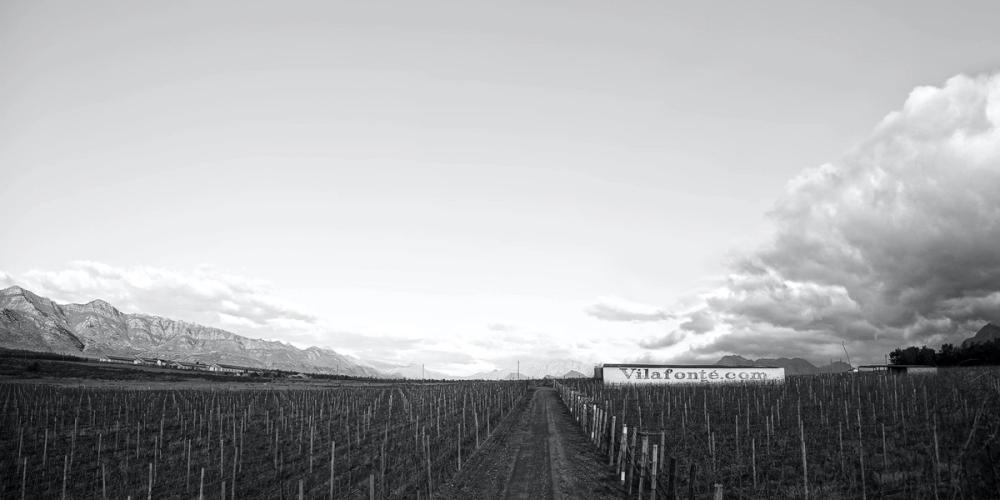
It is the ancients soils on the Vilafonté estate that has been crucial in its success
It was the soils, in particular, that Long and Dr Freeze first believed in and brought them back to South Africa wanting to find their own project. The Vilafonté name comes from the type of ancient soils – called vilafontes – where they planted their vines. Soils that have been recorded as some of the oldest documented in the world, identified by the presence of stone age cutting tools that have been tracked back 1.4 million to 1.9 million years old to the first hominid species to make symmetrically shaped tools.
The presence of these tools, claims Vilafonté, “confirms the fact our region has never experienced glaciation, volcanic disturbances or more recent sedimentary deposits, which have left the top soils undisturbed for millennia”.
Having the opportunity to work with such ancient soils was what excited Long and Dr Freese and gave them the unique opportunity to apply their academic knowledge, rigour and expertise to truly understand the terroir they were working with, explains Ratcliffe.
It was their fascination to see what would happen if you brought classic Old World varietals to work in these ancient soils that saw them plant Cabernet Sauvignon, Cabernet Franc, Merlot and Malbec to give them the foundations to make its two Bordeaux based blends – the Vilafonté Series C (Cabernet focused) and Vilafonté Series M (Merlot focused).
It was a tough decision to make at the time, and one they have not veered away from at all since, stresses Ratcliffe. “We have not been distracted by planting anything else.”
Complementary skills
Ratcliffe believes part of the reason for Vilafonté’s success is the fact the three founders each bring their own unique skills sets to the table. “We are three individuals with specific strengths,” he adds.
Zelma Long has the “high level winemaking prowess and experience”. Phil Freese has the scientific winegrowing background, including a Ph. D. in biochemistry/biophysics, to fully understand the soils and terroir they are working with, and Ratcliffe has the marketing and business background to help develop the brand and its profile.
“Our skills are very complementary and we talk about this a lot. We have a deep respect for each other’s prowess and we don’t get in each others way. The synergies are clear and we work very well together, which has helped us have this solid partnership after all these years,” he explains.
The three are then supported by a very strong senior management level who then help take their vision and implement them in the market.
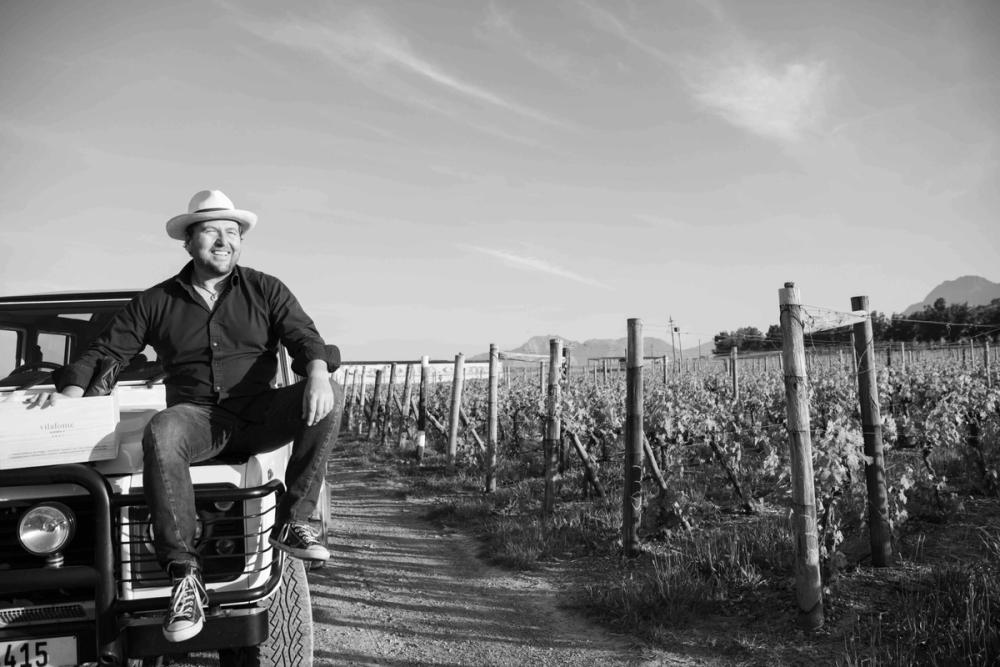
Mike Ratcliffe says the three co-founders each bring their own expertise to the Vilafonté project through his marketing and business skills, the winemaking knowledge of Dr Zelma Long and Dr Phil Freese’s world leading expertise in soil analysis.
Apart from some of the people behind the scenes nothing else about Vilafonté has changed in the last 25 years, claims Ratcliffe. “It sounds bizarre, but it is true. That is what we calculated when we started. Same team, same vineyard, same wine.”
But then Ratcliffe also describes life at Vilafonté as being like a swan floating along a river. You can’t see all the hard work that is going on behind the scenes for everything to look just the same. From the bottle, to the design, to the label.
To do that has also meant taking every step possible in the vineyards to adapt, to fine tune and keep up with viticultural developments, down to the direction of the rows of vines. One thing that has been critical is keeping virus out of the vineyards and when it has been identified eradicating it as quickly as possible.
But like a ring in a tree, every year adds that extra layer of experience and confidence about what you are doing, he adds. “We are, in some ways, a very academic winery,” says Ratcliffe. “Our thought process, our record keeping, everything has an academic rigour to it.”
That is particularly evident in the level of data it captures and analyses on a daily basis that has “over the last two decades” allowed it to “understand our vineyards better and predict the outcomes that might come from,” he says.
Changes in style
What has changed about Vilafonté is the style of wine it is now making compared to the early 2000s. Then, Ratcliffe says, the wines were influenced by American tastes and winemaking styles. Which is not surprising seeing as they were using “almost exclusively US know-how on South African vineyards”.
“There was certainly an opulence to the wine which, as the vineyards have aged, has seen that opulence evolve with more structure and restraint. A lot of that is defined by the vineyards and we have become more confident in allowing the vineyards to express themselves in the wine rather than us trying to influence anything.”
Push to pull
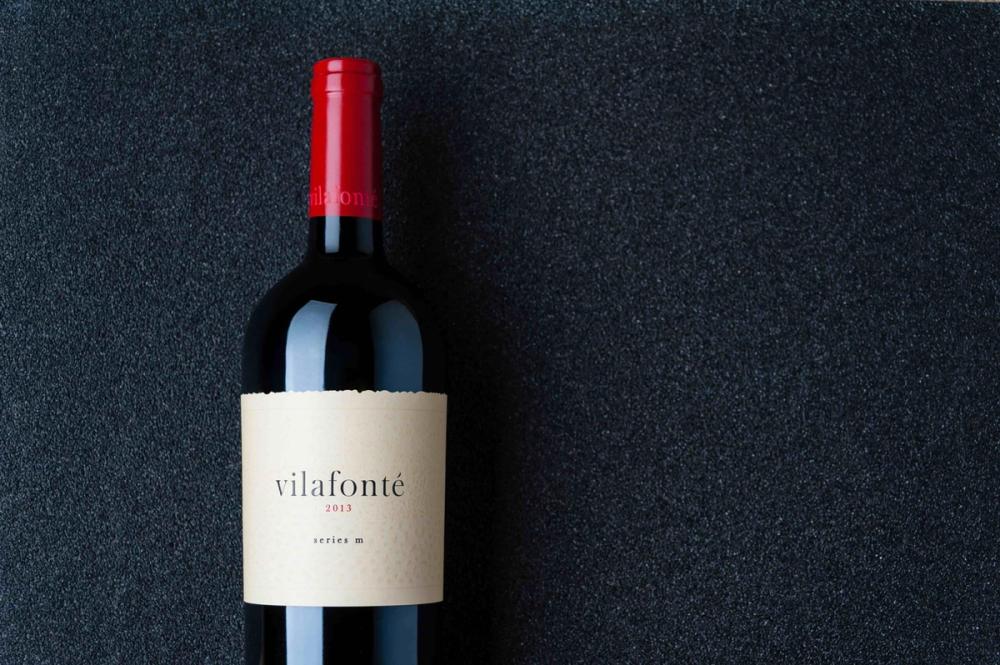
Vilafonté is now in the strong position of being able to manage where its wines are sold and work with a loyal and supportive customer base around the world
Vilafonté is now in the enviable position of being able to sell much of its wine on allocation to carefully developed markets around the world. It has, though, been a long, slow process.
What’s changed, says Ratcliffe, is the reputation of the wine means it no longer has to take what he calls a “push approach” and spend a lot of time promoting and literally pushing the wine around the world where “demand is driving your distribution”. Instead the market now comes to Vilafonté and it is able to deploy more of a “pull approach” where it can ‘revert to relationships’ and work with select key customers in each of what are now 16 markets around the world.
“The move from push marketing to pull marketing has given us more flexibility,” says Ratcliffe. “In the early days you were also pushing the wine and hoping people would buy it. It was very hard work and time consuming. But now the market comes to us and asks for the wine which is very different. There is, though, no place for arrogance and we are very aware you can lose that position very quickly.”
He is particularly grateful for the “extremely strong following it has in the trade” which means it does not have to be forever looking for new markets for distribution. “All our growth is coming from the same loyal clients,” he adds.
But then the real hard work has been over the last 20 years getting those “clients” in the first place.
“The UK is extremely strong, stronger than ever, in fact – up 80% during Covid,” says Ratcliffe who reports particularly strong support in the independent wine merchant sector.
“We have worked with Fells for 15 years and have a very strong relationship with them,” a distributor that also gives them access and has allowed them to build friendships with Fells other leading producers including the Torres family, the Symingtons and the Hill-Smiths in Australia.
South Africa’s achievement
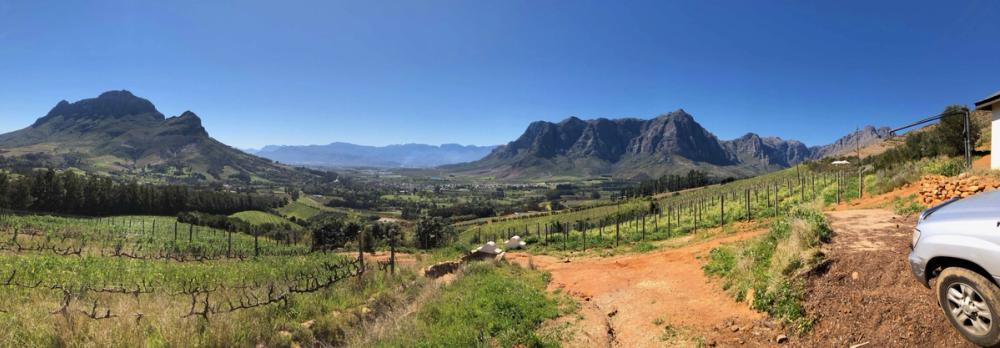
Mike Ratcliffe is keen to stress the success of Vilafonté should be seen in the context of the incredible rise in quality of South African wine overall and the world leading wines it now produces
Vilafonté’s wines are likely to be even more in-demand after today’s IWSC announcement. It is going to take Ratcliffe and the team some getting used to being the Outstanding Producer in the world.
“It’s pretty incredible for a little outfit like Vilafonté,” he says. “But this is hopefully far more benefit to South Africa as a whole. I would love this recognition to be seen in that light. This is a great opportunity for South Africa as well.”
Ratcliffe’s wider interest in helping South Africa as a whole is not false modesty. For he is already embedded in promoting the country’s, or rather the region of Stellenbosch’s virtues, in his roles as chairperson of both Visit Stellenbosch and Stellenbosch Wine Routes.
It’s not just the country’s and Stellenbosch’s wine industry that has been hit so badly by Covid-19, but the fact that tourism, and all the hugely significant economic benefits it brings, has effectively been shut down for 18 months.
Ratcliffe is understandably acutely sensitive to the image and profile that South Africa has around the world which is why he was not a big supporter of the Save South African Wine campaign as he felt it gave out too much of a negative image of the country.
He believes the country’s wine sector has never been better placed to bounce back fully from the pandemic and hopes its awards can play a small part in that.
Remarkable rise
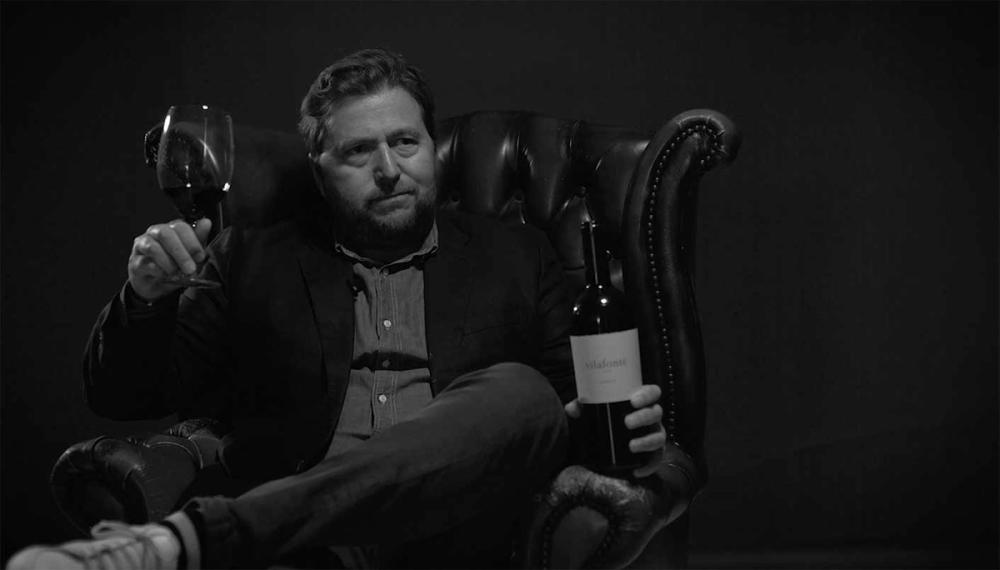
A day to reflect on how far Vilafonté has come in the last 25 years
“The rise in the next generation of winemakers in South Africa has been nothing short of remarkable. There has been a huge amount of experimentation going on and also a resurrection of our cultural identity from a winemaking perspective,” he says.
“Chenin Blanc, Pinotage, to some extent, and Cinsault, have been re-imagined in the most wonderful way. It has been a revolution – not an evolution – as it has happened so quickly.”
His one bit of advice for the young winemakers leading the industry forward is to use their culture of experimentation to then drill down what works best for them and then “really focus” in on it.
“I really hope these producers find their niche and then find some focus. At the moment there are lots of amazing producers making too many wines in too small volumes which risk being insignificant because they are just being loved by wine lovers in Cape Town who buy them all. We need to give the world a chance to taste these wines.”
Perhaps that message is best exemplified by the success that Vilafonté has had not just this week, but over the last 20 years. The impact you can make when you focus in on what you do best and don’t get distracted by anything else.
“As my mum Norma used to say to me. Pick something and then be the best you can be at it,” says Ratcliffe.
She will no doubt be mighty proud of him today.
- If you want to find our more about Vilafonté go to its website here. Follow @mikeratcliffe and @vilafonte on Instagram, Twitter and Facebook.
